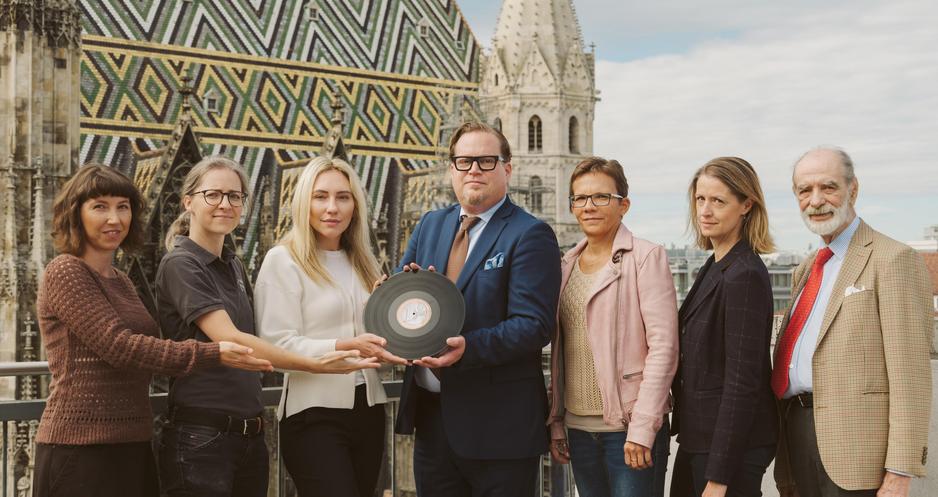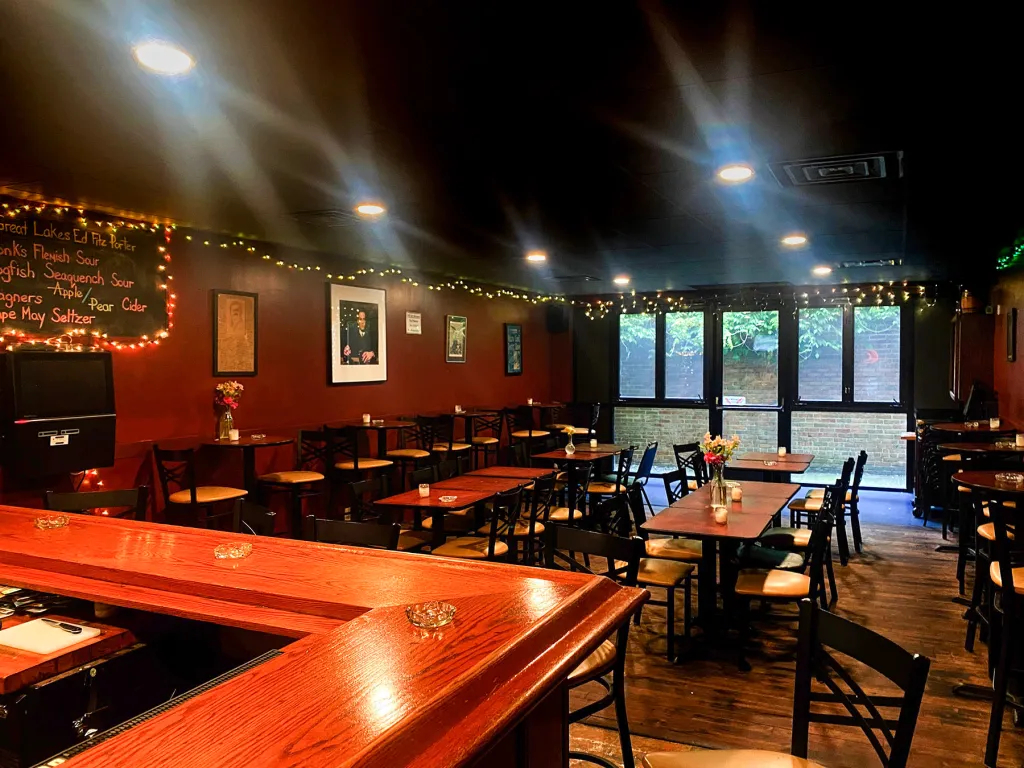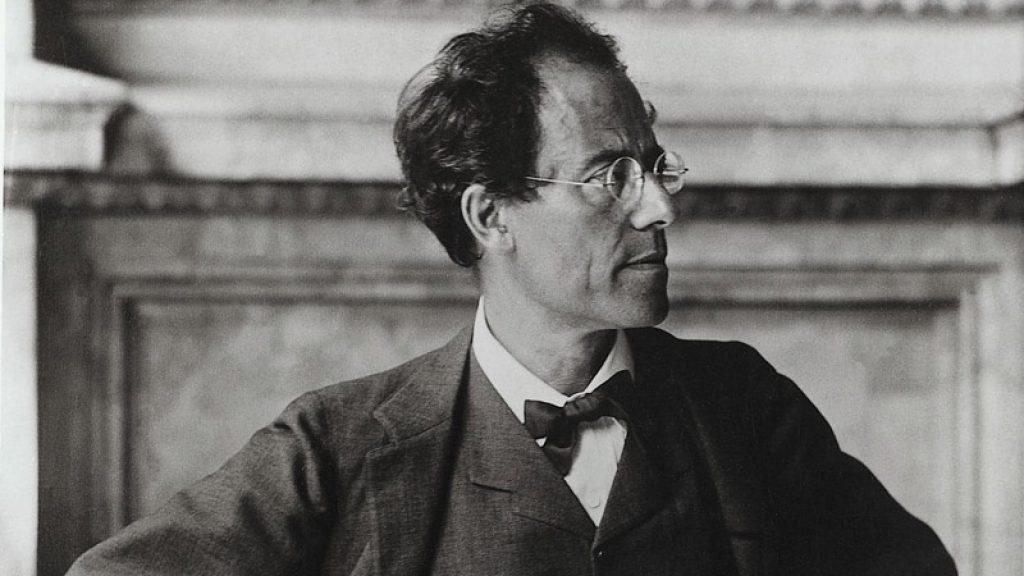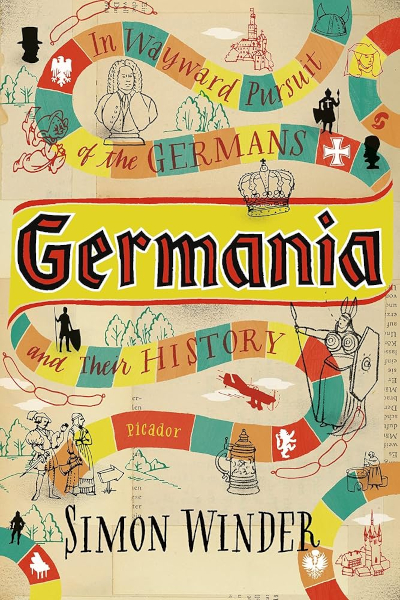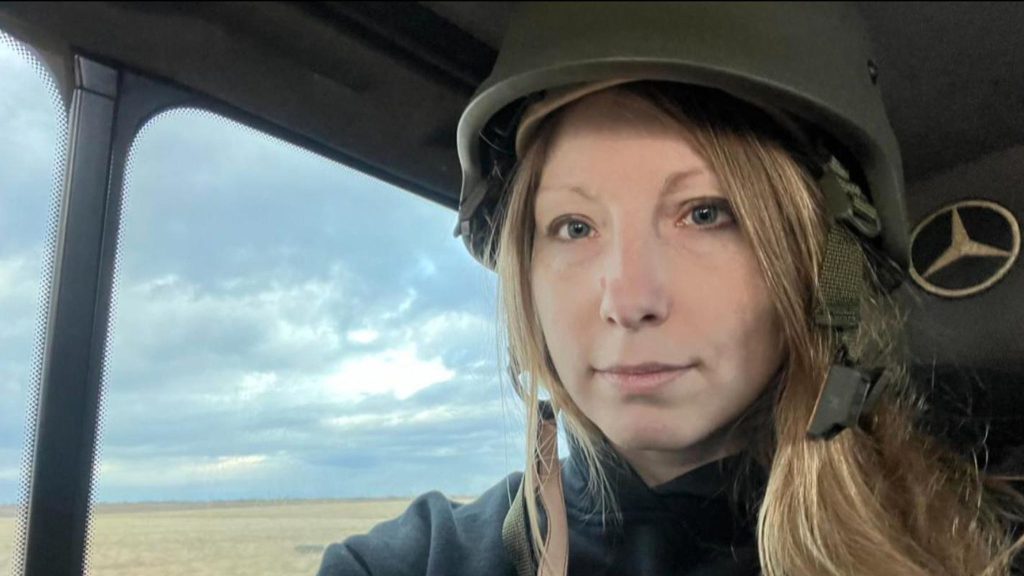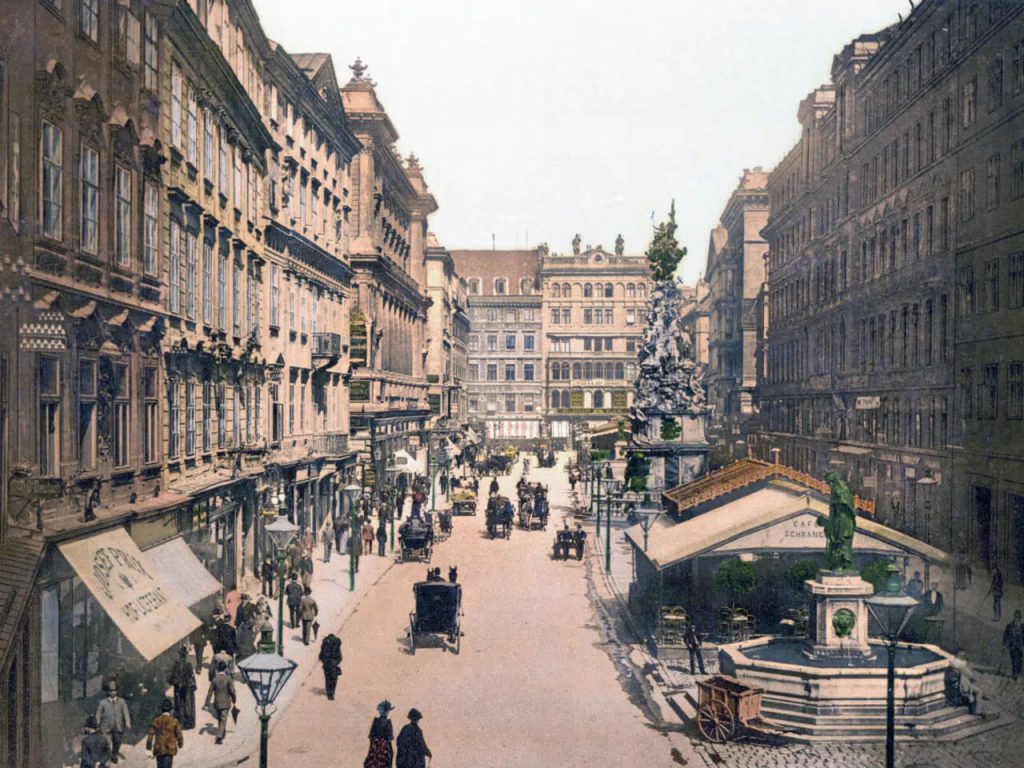
From Stefan Zweig’s The World of Yesterday (1942), translated by Anthea Bell:
I myself have lived at the time of the two greatest wars known to mankind, even experiencing each on a different side — the first on the German side and the second among Germany’s enemies. Before those wars I saw individual freedom at its zenith, after them I saw liberty at its lowest point in hundreds of years; I have been acclaimed and despised, free and not free, rich and poor. All the pale horses of the apocalypse have stormed through my life: revolution and famine, currency depreciation and terror, epidemics and emigration; I have seen great mass ideologies grow before my eyes and spread, Fascism in Italy, National Socialism in Germany, Bolshevism in Russia, and above all the ultimate pestilence that has poisoned the flower of our European culture, nationalism in general. I have been a defenceless, helpless witness of the unimaginable relapse of mankind into what was believed to be long-forgotten barbarism, with its deliberate programme of inhuman dogma. It was for our generation, after hundreds of years, to see again wars without actual declarations of war, concentration camps, torture, mass theft and the bombing of defenceless cities, bestiality unknown for the last fifty generations, and it is to be hoped that future generations will not see them again. Yet paradoxically, at the same time as our world was turning the moral clock back a thousand years, I have also seen mankind achieve unheard-of feats in the spheres of technology and the intellect, instantly outdoing everything previously achieved in millions of years: the conquest of the air with the aeroplane, words travelling all over the world at the moment when they are spoken, the conquest of space, the splitting of the atom, the defeat of even the most insidious diseases. Almost daily, things still impossible yesterday have become possible. Never until our time has mankind as a whole acted so diabolically, or made such almost divine progress. (xiv; emphasis mine — GH)

